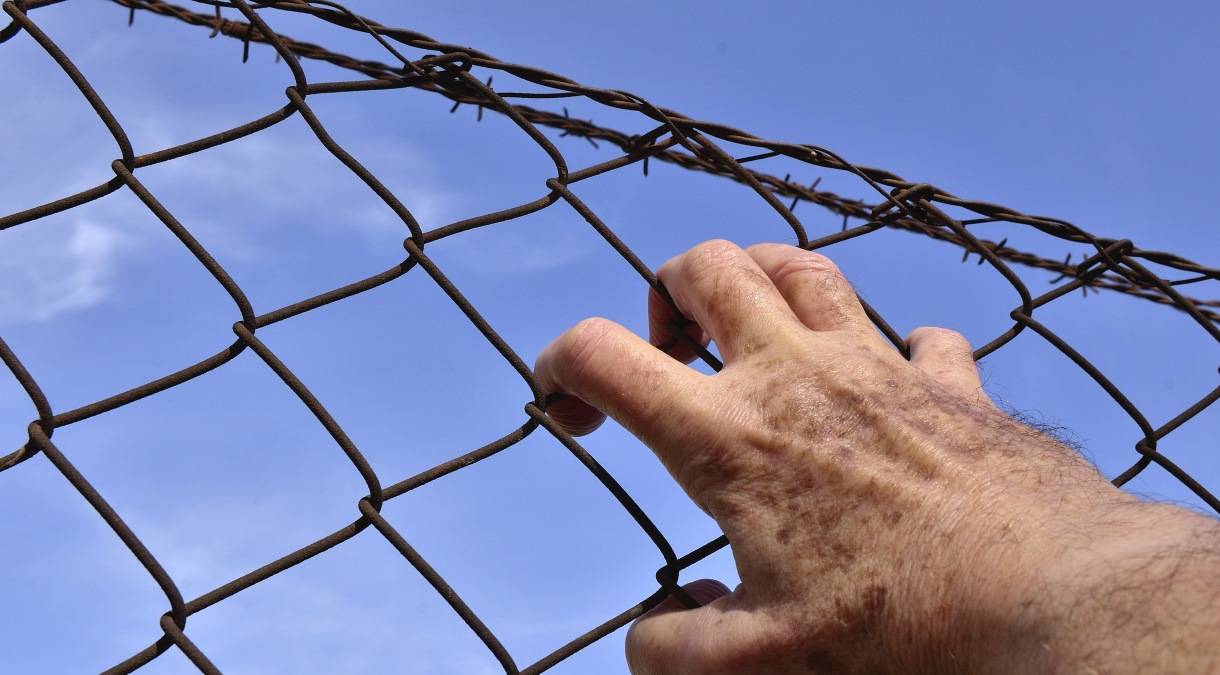Five years ago, the government concluded that the public required greater protection from harmful content online, and opened up a consultation.
This resulted in the Online Safety Bill, a mammoth piece of legislation spanning over 230 pages – and growing. In July 2022, the Law Commission published recommendations to include in the Bill, to strengthen the law and protect victims of intimate image abuse. However, due to the turmoil in the government, the Online Safety Bill was temporarily shelved.
Five Prime Ministers and numerous Secretaries of State (all within the same government) have now cast their eye over the Bill. As a consequence, in November 2022, the government announced further amendments to be made to the Online Safety Bill to specifically criminalise those who share explicit images manipulated to look like someone without their consent, and to protect those encouraged to self-harm.
Deepfakes and downblousing
It is believed that such amendments are required because, although offences of revenge porn (sharing sexual images without consent), upskirting, and harassment exist, these all require a degree of ‘intention’, either to cause harm or distress (revenge porn and harassment), or an intention to view buttocks or genitalia (upskirting). The proposed amendments are designed to limit potential defences to these allegations, and will broaden the scope of intimate image offences so that all instances of intentionally taking or sharing intimate images without consent (such as for a joke) are criminalised, regardless of the motivation.
Why is a change to the Bill required?
The government has stated that one in 14 adults in England and Wales has experienced a threat to share intimate images, with more than 28,000 reports of images being shared without consent made to the police between 2015-2021.
The law has been unable to keep up with the fast pace of technology and opportunities for abuse. These amendments are an attempt to create further protections and to repeal and replace current legislation with new offences to supposedly simplify the law and make it easier to prosecute offences. The government also believes these amendments will ensure legislation keeps pace with technology and can tackle emerging forms of abuse.
What are the amendments?
- A new base offence of taking or sharing an intimate image without consent
- The introduction of more serious offences:
a) An offence of taking or sharing an intimate image without consent with the intention of causing the victim humiliation, alarm, or distress
b) An offence of taking or sharing an intimate image without consent with the intention that the image will be looked at for the purpose of obtaining sexual gratification
c) An offence of threatening to share an intimate image - Installing equipment to commit an offence
- Criminalising the non-consensual sharing of manufactured intimate images (deepfakes)
Criminalising the encouragement of self-harm
Two days after the above announcement, the government announced further changes to be made to the Online Safety Bill to include criminalising the encouragement of self-harm. This follows the tragic case of Molly Russell who killed herself, aged 14, after viewing suicide and self-harm content and being encouraged to self-harm by internet trolls.
These proposed amendments have caused greater controversy as some have expressed concern about the proposal to criminalise content that is ‘legal but not harmful’, fearing it could result in tech firms becoming over-censorious and limiting freedom of speech as they err on the side of ‘censorship’.
The government has stated it will deal with these concerns by removing the requirement for social media firms to remove legal but harmful content, and will limit this to ‘illegal or prohibited content.’ No doubt the definition of this requirement will be long debated and litigated.
The focus on this legislation is for ‘big Tech’ to be more accountable to their users by:
- Requiring them to remove illegal or prohibited content at source
- Requiring them to take down any material which is in breach of their own terms of service
- Allowing adult users more control to filter out harmful content they do not want to see
Fines could be imposed if they fail to do so, or if they fail to restrict underage access to harmful sites.
Those posting such harmful content encouraging users to self-harm could face a criminal investigation and prosecution, and the Bill also includes the new offence of coercive or controlling behaviour through social media.
The Bill returns to Parliament for its third reading in December 2022, and is expected to become law by Spring 2023.
Trends
This Bill reflects the trend for greater protection for victims of crime, especially in the ‘Wild West’ of social media and the internet. Revenge Porn was defined as a criminal offence in the Criminal Justice and Courts Act 2015, the Voyeurism Act 2019 criminalised upskirting, the Police, Crime, Sentencing and Courts Act 2022 criminalised ‘breastfeeding voyeurism’, and ‘cyberflashing’ in addition to the above, is to be included in the Online Safety Bill. Furthermore, the new Victims Bill, currently in draft form, is designed to improve the criminal justice system’s treatment of victims.
This smorgasbord of new legislation has created an array of differing offences with differing thresholds of criminality, and differing elements for each offence. There’s a strong likelihood that errors will be made in the charging and prosecuting of such offences as the police and Crown Prosecution Service (CPS) try to understand this new legislation. It is essential that anyone accused of such offences has expert legal advice to ensure that they are not wrongly convicted.
Investigating, prosecuting, and defending such allegations requires substantial resources. Jurisdiction issues, gaining access to the devices, breaking encryption, downloading and examining terabytes of content, and identifying the correct perpetrator is complex. It is questionable whether the cash-strapped criminal justice system, already suffering from a chronic lack of funding prior to Jeremy Hunt’s autumn statement, will be able to effectively manage and implement this new legislation, especially as it now faces real-terms spending cuts next year.
It’s all very well aiming to introduce so many new laws, but this is of little use if there are insufficient resources and funding to successfully implement and enforce them.
Our Crime, Fraud and Regulatory team offer expert advice in relation to the topic covered in this article. For more information visit our web page here.





